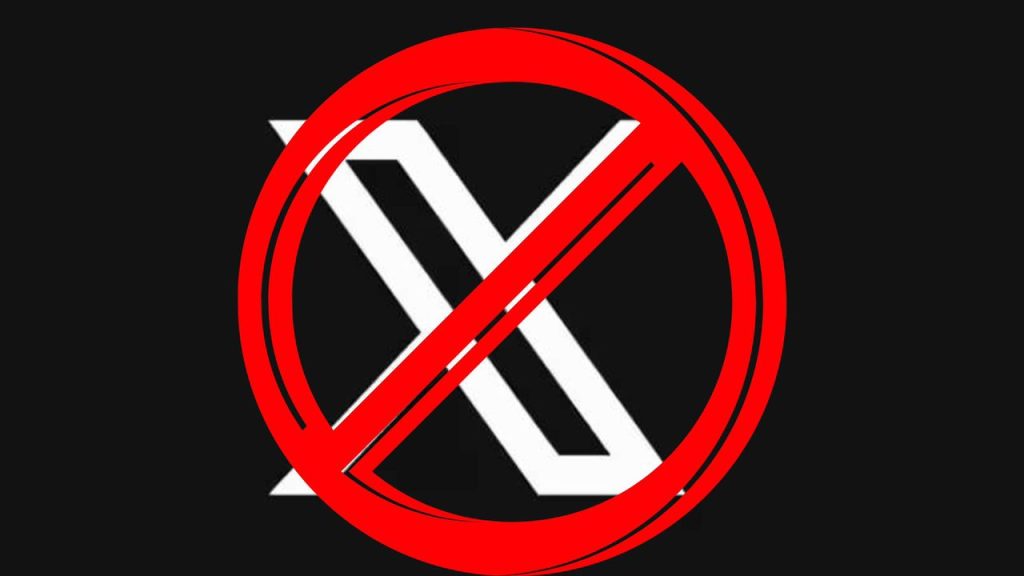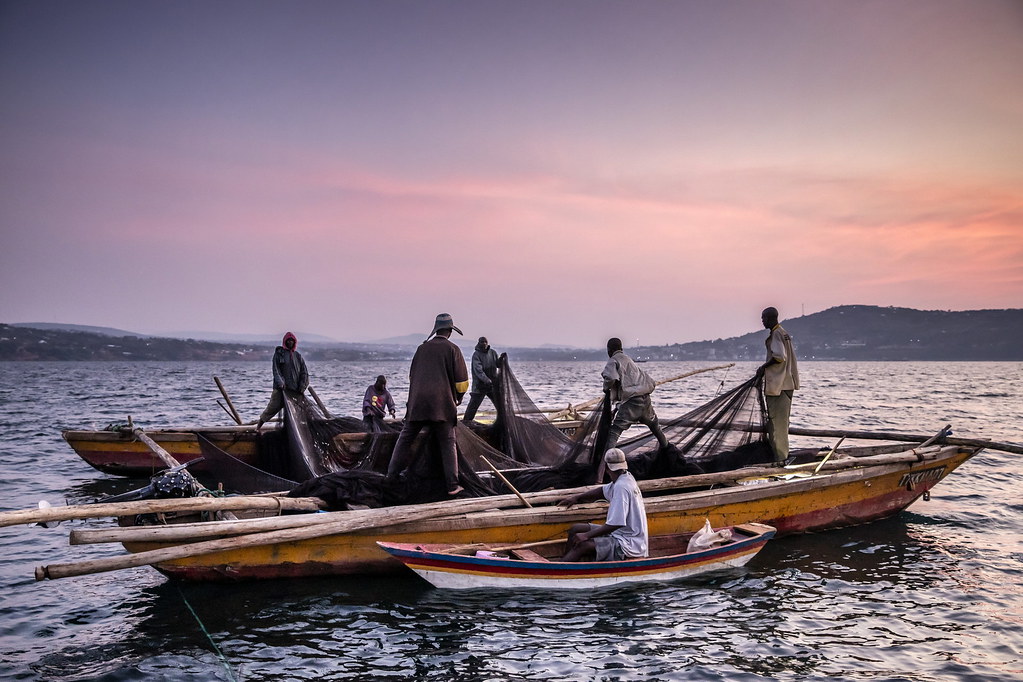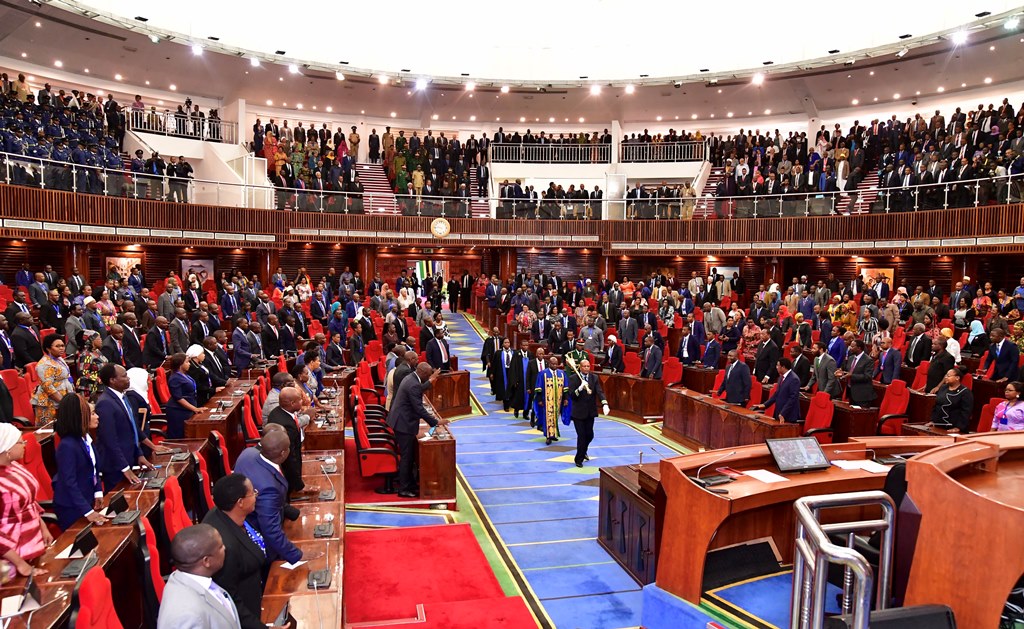In recent weeks, Tanzania’s digital landscape has been entangled in controversy as calls to ban the social media platform “X” (formerly known as Twitter) have gained momentum. This movement, spearheaded by the CCM Youth Wing (UVCCM) leadership and reinforced by influential religious leaders, has sparked widespread debate and concern among Tanzanian netizens and digital rights advocates.
The central question on everyone’s mind is: What is the Tanzania Communications Regulatory Authority (TCRA) up to? In a public statement issued yesterday, 3 July 2024, by the Internet Governance Tanzania Working Group (IGTWG), expressed concerns that the TCRA and TCRA Care ‘X’ accounts had been removed from the platform just days after the debate.
This raises troubling questions about the TCRA’s intent. Is the authority genuinely responding to public outcry, or is it succumbing to the pressures exerted by influential political and religious figures? The removal of these accounts could signal an alarming trend towards censorship and control, rather than a measured approach to addressing legitimate concerns.
It is crucial to scrutinize these developments, as they may set a precedent that undermines the public’s right to access information in Tanzania.
Also, read: TCRA’s VPN Crackdown: A Misguided Crusade?
Users of the X platform have voiced their concerns, sharing a series of screenshots indicating that TCRA has also removed the X plugin link from their website. Some users argue that even if TCRA removed the accounts for reasons unrelated to the platform’s potential ban, the timing appears suspicious. Others speculate that these actions signal TCRA’s preparation for future measures against the platform.
The Catalyst: A Press Conference and Its Aftermath
The controversy began with a press conference on June 11, 2024, led by Mohamed Ali Kawaida, Chairperson of the CCM Youth Wing. Kawaida, alongside prominent religious figures such as Dr. Sule Seif and Bishop Allen Siso, condemned “X” for allegedly promoting homosexuality and disseminating pornographic content, both of which they argued were eroding Tanzanian morals and values.
Their calls for a ban were echoed by Sheikh Hilal Yusuph, popularly known as Sheikh Kipozeo, who emphasized the need to protect Tanzanian culture from these influences.
Following these events, the discussion spiraled on social media, with many users voicing their opinions on the potential ban. The situation intensified when, on June 16, 2024, the Minister for Information, Communication, and Information Technology, Hon. Nape Nnauye, posted on “X” that the government was monitoring the discussions and that TCRA would ensure the safety of the nation, particularly for the younger generation.
While there have been individual outcries against these campaigns, there has yet to be a formal body that has publicly declared an interest in getting to the bottom of the debate with TCRA. This absence is troubling, as it suggests that influential voices may operate unchecked, steering public discourse without sufficient scrutiny.
Read: Twitter’s Rebrand to X: The Risky Gamble Content Creators Don’t Know About
Let’s hope that the Internet Governance Tanzania Working Group will effectively address this issue. Although it is a newly formed collaborative platform, its statement has shown a commitment to navigating the complex issue at hand.
The Power Dynamics: Youth Leadership vs. Religious Influence
The current scenario raises questions about the power dynamics at play. Does the UVCCM Youth Leadership wield enough influence to drive such a significant regulatory action? Or is it the combined pressure from religious leaders that has prompted TCRA’s response? It is worth noting that the religious leaders involved command significant followings and can mobilize public opinion on moral and cultural issues.
However, the IGTWG suggests that these calls are not coincidental but appear to be coordinated efforts. They argue that the proposed ban is based on weak evidence and that “X” is primarily used for serious discussions on current affairs, politics, economics, and sports. They point out that the platform most prevalent with pornographic content is actually Telegram, not “X.”
Comparative Cases: Learning from the Past
It is instructive to look at similar cases globally to understand the potential implications of such a move. In 2021, Nigeria banned Twitter after a tweet by President Muhammadu Buhari was deleted for violating the platform’s policies. The ban lasted for seven months and was widely criticized for stifling free speech and impacting economic activities reliant on the platform.
In Uganda, the government blocked social media during the 2021 elections, citing security concerns, which many saw as a tactic to suppress dissent.
These examples illustrate the far-reaching consequences of social media bans, not only on freedom of expression but also on a country’s economic and social fabric. The IGTWG’s statement emphasizes this point, arguing that banning “X” would restrict access to real-time news, political updates, economic insights, and sources of revenue, all of which are essential for informed decision-making and public awareness.
They also emphasize that such actions contravene Article 18 of the Tanzanian Constitution, which guarantees freedom of expression and the right to access information.
Who Will Bell The Cat?
There is a famous Swahili proverb made famous by the late Mwalimu Julius Kambarage Nyerere; “Nani atamfunga paka kengele?” that translates to “Who will bell the cat?”. It speaks to the intimidating task of addressing complex societal issues and navigating the delicate balance between safeguarding cultural values and preserving fundamental freedoms.
In this case, it calls for many questions. Who will take the initiative or risk necessary to confront difficult or complex social-political situations? Who is to be held responsible for online content perceived as harmful in the context of where calls for regulation intersect with demands for free expression?
The main question remains: “Will regulatory authorities, civil society, or the public step forward to undertake this challenging task together or will it be in silos, and at what cost to democratic principles and individual rights?”
A Call for Reason and Dialogue – Will It Work or They Are Just Too Ambitious?
In their solution-oriented approach, the IGTWG has reached out to TCRA for amicable talks to find a balanced resolution. They propose enhancing digital literacy programs, improving content moderation practices, and engaging in dialogue with platform providers to ensure compliance with local regulations. These measures, they argue, can address the concerns without resorting to extreme actions that undermine fundamental rights.
As the situation unfolds, it remains to be seen what TCRA’s next steps will be. The agency faces a critical decision that will not only impact the digital rights of Tanzanians but also set a precedent for internet governance in the country.
The IGTWG’s call for a balanced approach, emphasizing dialogue and digital literacy, offers a pathway that upholds both cultural values and fundamental freedoms. The hope is that reason and constructive dialogue will prevail, ensuring that the digital landscape remains open and inclusive for all Tanzanians.




